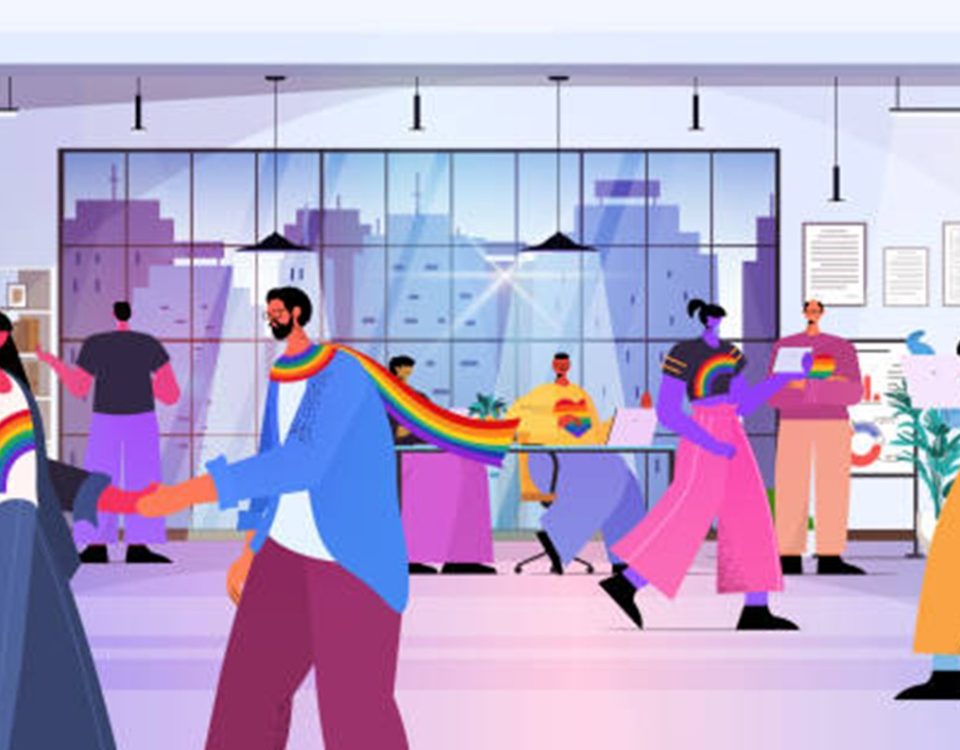- Hyderally & Associates P.C | Employment Lawyers NJ, NY
- (973) 509-8500
- tyh@employmentlit.com
Your Office Might Reopen Soon … Or Not?
New Jersey Enters Stage 2 of Restart and Recovery
June 4, 2020More Flexible Federal Loan Bill Could Mean Big Help for Small NJ and NY Businesses
June 12, 2020By: Lía Fiol-Matta, Esq. and Ty Hyderally, Esq.
As we enter the summer, many workers who have stayed home for several months under state mandates addressing the spread of COVID 19 are wondering when their workplace will reopen and will it be safe to return to their buildings and work stations. Some businesses will need to reopen despite being enclosed spaces that can facilitate viral spread. To address public safety in the workplace, the Centers for Disease Control and Prevention (“CDC”), the nation’s top public health agency, announced guidelines for reopening offices on May 27, 2020, as states are beginning to lift their most stringent lockdown orders. (https://www.cdc.gov/coronavirus/2019-ncov/community/office-buildings.html) The CDC’s premise is that people may spread COVID 19 even when they are not showing symptoms of the virus. As we have seen, stores, restaurants, beaches and parks are reopening in phases. But office employees at all levels continue to work primarily from home, functioning effectively with laptops and video conferencing, even while dealing with restless kids, glitchy video calls and small workspaces.
The CDC guidelines contain simple as well as complex measures that relate to office procedures, employee behavior and technical changes to make sure buildings and workplaces are safe. First, employers must ensure the office is functioning properly and safely. For instance, ventilation systems should have clean filters, and rodents, mold growth and stagnant water systems should be addressed since such hazards are common in buildings that have been closed for too long. The CDC also recommends opening windows and using fans instead of air conditioning, but not if outside pollutants such as carbon monoxide, mold or pollen can enter, creating a health risk to employees and the public. This could be challenging during the hot summer months. In addition, not all offices have windows that open to the outside.
Employers will have to identify high risk areas, particularly those that will not allow social distancing of at least 6 feet, as interactions within less than that distance have high risk of transmission of the coronavirus. Cafeterias, meeting rooms, break rooms, restrooms, reception areas and all entries and exits should be reconfigured to protect employees from contracting the virus. Businesses should use signs and posters to encourage social distancing of at least 6 feet and remind workers to use face coverings and wash their hands properly.
Seating should be barred in common areas. Employers may be obligated to turn or remove, space out or drape reception and other shared seating areas with fabric to warn staff and visitors that the furniture is off limits, according to the CDC. If outdoor seating is possible, it should be implemented. The agency recommends having employees and visitors call the office while still in their cars to say they are about to enter the building.
Businesses should prohibit handshaking, hugs and fist bumps and employees must wear face coverings at all times. The number of people allowed on elevators must be limited. Employees should get daily in-person temperature and symptom checks upon arriving at work. Inside the office, desks must be six feet apart and if that isn’t possible, employers should consider putting up plastic or glass shields around desks.
Other safety measures encouraged by the CDC are to stagger shifts and breaks, installing no-touch trash bins, frequent disinfection of high-touch surfaces such as door knobs, equipment buttons and refrigerator handles. Instead of the good ‘ol water cooler or coffee chat space, the CDC recommends that coffee pots, water coolers and bulk snacks be replaced with pre-packaged, single serve food and beverage items.
Some of the CDC recommendations are difficult to enforce, for example, that workers arrive in private cars instead of using public transportation and that 6-feet social distancing be observed in elevators. With the health risks that may still exist even as businesses try to implement the CDC’s guidelines, several large companies will allow employees to permanently work from home, such as Twitter, Facebook, Nationwide and Barclays. Most employees do not work for large and resourceful companies and may have concerns about returning to their office buildings too soon. If you have questions about workplace safety and your employer’s return-to-work protocols, you may want to seek counsel from an experienced employment lawyer.
This blog is for informational purposes only. It does not constitute legal advice, and may not reasonably be relied upon as such. If you face a legal issue, you should consult a qualified attorney for independent legal advice with regard to your particular set of facts. This blog may constitute attorney advertising. This blog is not intended to communicate with anyone in a state or other jurisdiction where such a blog may fail to comply with all laws and ethical rules of that state of jurisdiction.

